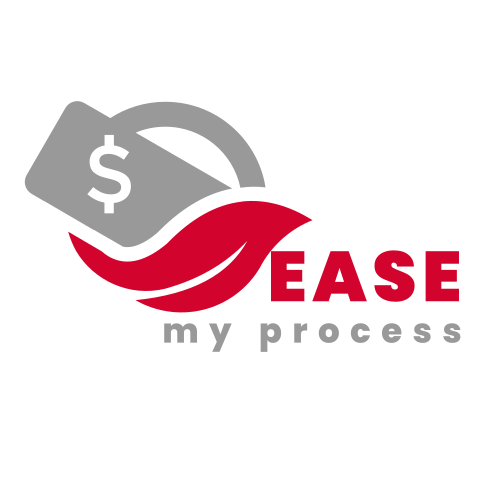- Published on
Finding Your Funding Match: Investors for Every Business Stage
- Authors

- Name
- Ease Pro
Finding Your Funding Match: Investors for Every Business Stage
Choosing the right investor is like choosing a co-founder — the decision can define your startup's success.
Different stages of business growth demand different kinds of investors.
The key is to find the perfect fit for your current needs, future goals, and risk tolerance.
Here's a stage-by-stage breakdown of investor options, their pros and cons, and what to consider before shaking hands.
1. Early Stage: Seed Money & Prototypes
At this stage, you're turning an idea into reality — or building that first prototype. The risk is high, traction is minimal, and investors are betting primarily on you.
Potential Investors
- Personal Investors (Friends & Family)
- Pros: Believe in you, flexible terms, patient capital.
- Cons: Limited funds, emotional involvement can complicate relationships.
- Angel Investors
- Pros: Industry expertise, mentorship, network access, passion for early ventures.
- Cons: Selective, expect high growth potential, may seek equity.
Key Considerations
- Be prepared to justify the potential for high growth.
- Have a clear, honest discussion about risks with friends and family.
- Choose angels who align with your industry.
2. Mid-Stage: Traction & Scaling
Your product is in the market, you've proven demand, and now you're focused on scaling operations and capturing market share.
Potential Investors
- Venture Capitalists (VCs)
- Pros: Large capital injections, strategic guidance, network connections.
- Cons: High expectations, pressure for rapid growth, potential loss of control.
- Peer-to-Peer Lending Platforms
- Pros: Faster access to funds, potentially lower interest rates than banks.
- Cons: Less mentorship, may not be suitable for very large sums, higher lender risk.
Key Considerations
- VCs expect big returns — be ready for aggressive growth targets.
- Peer-to-peer lending can be a quick solution, but ensure repayment terms fit your cash flow.
- Evaluate how much strategic involvement you want from your investors.
3. Later Stage: Expansion & Acquisition
Your business is established, profitable, and ready for major expansion, acquisition, or market dominance.
Potential Investors
- Private Equity Firms
- Pros: Expertise in scaling, long-term value creation focus.
- Cons: Typically require significant ownership stakes, focus on established businesses.
- Strategic Investors
- Pros: Industry knowledge, market access, potential partnerships.
- Cons: Possible competing interests, influence over strategic direction.
Key Considerations
- Choose partners whose long-term vision aligns with yours.
- Understand the trade-offs between funding and equity.
- Leverage investor networks for expansion and partnerships.
Final Thoughts: Matchmaking Matters
There's no one-size-fits-all when it comes to funding.
The right investor will bring more than money — they'll offer guidance, connections, and shared commitment to your vision.
Before deciding:
- Identify your funding needs.
- Evaluate your risk tolerance.
- Decide how much control you're willing to give up.
- Look for an investor whose values and goals align with yours.
Finding your funding match is about more than just securing capital — it's about building a partnership that fuels your business through every stage of growth.
